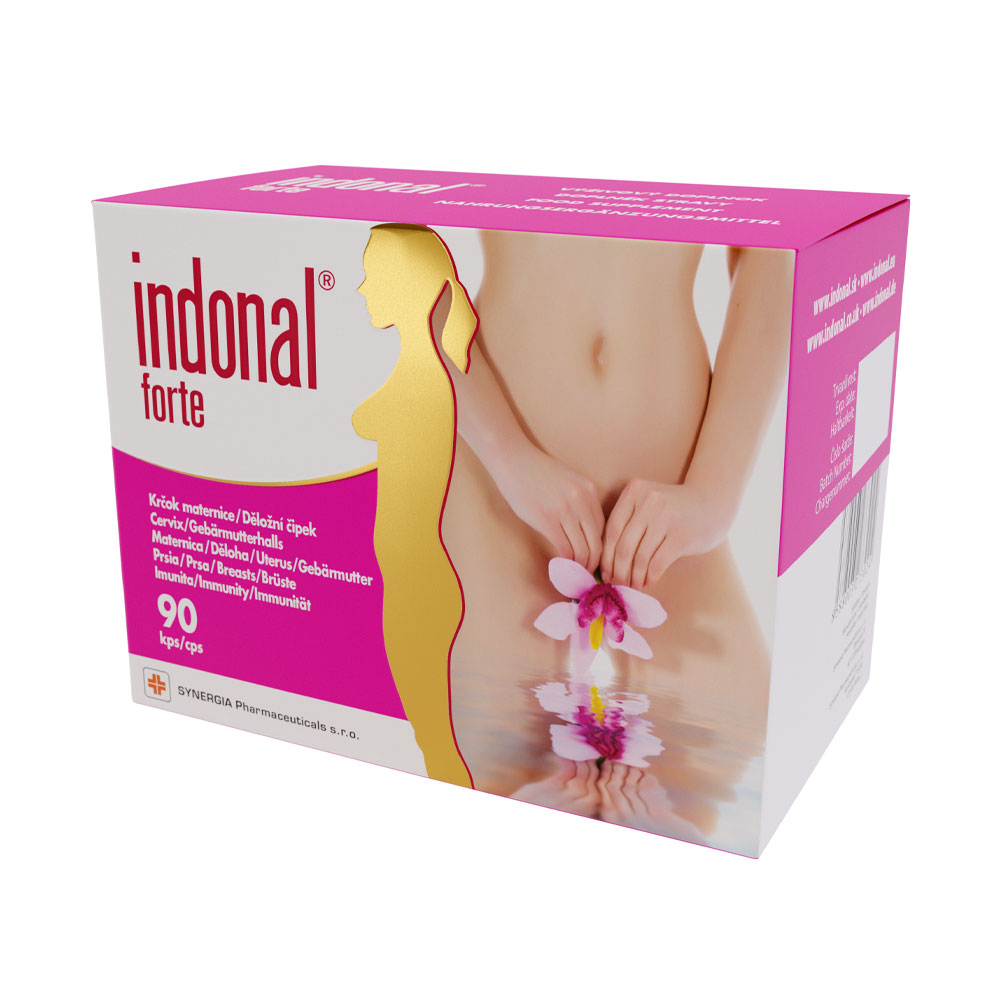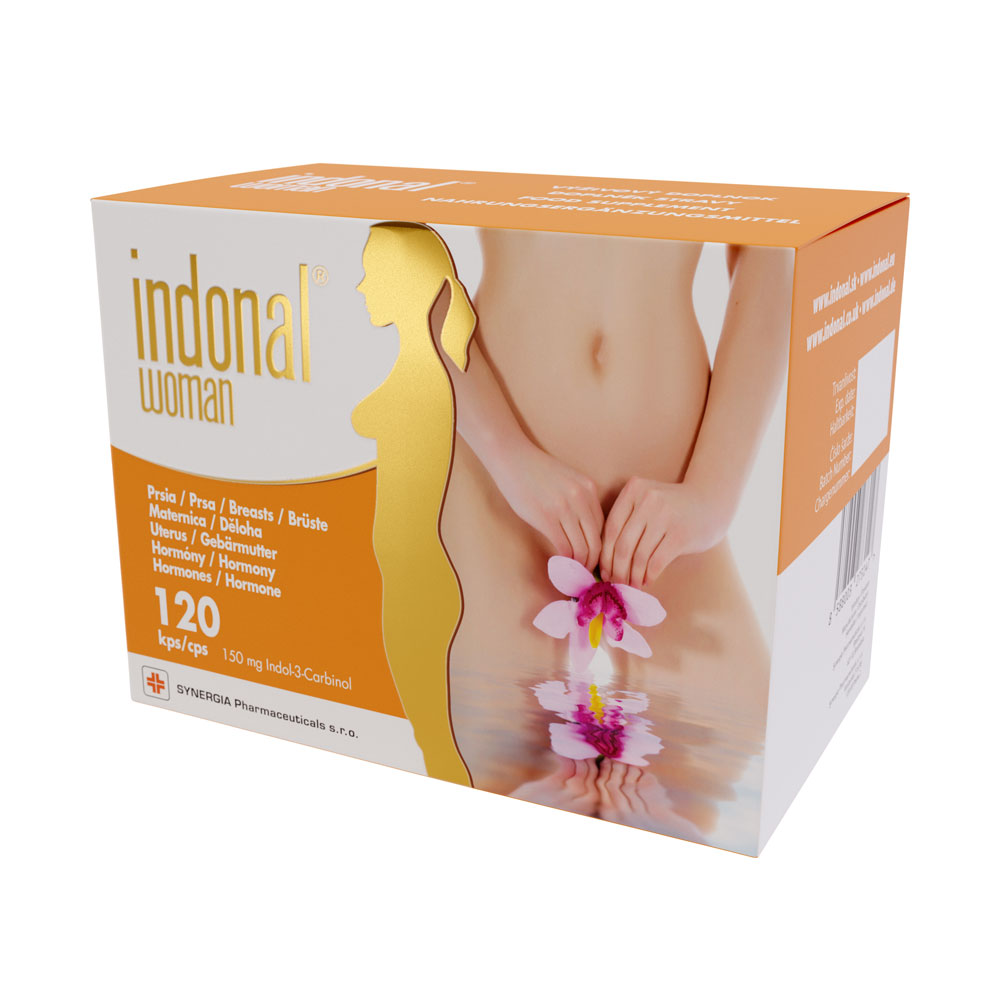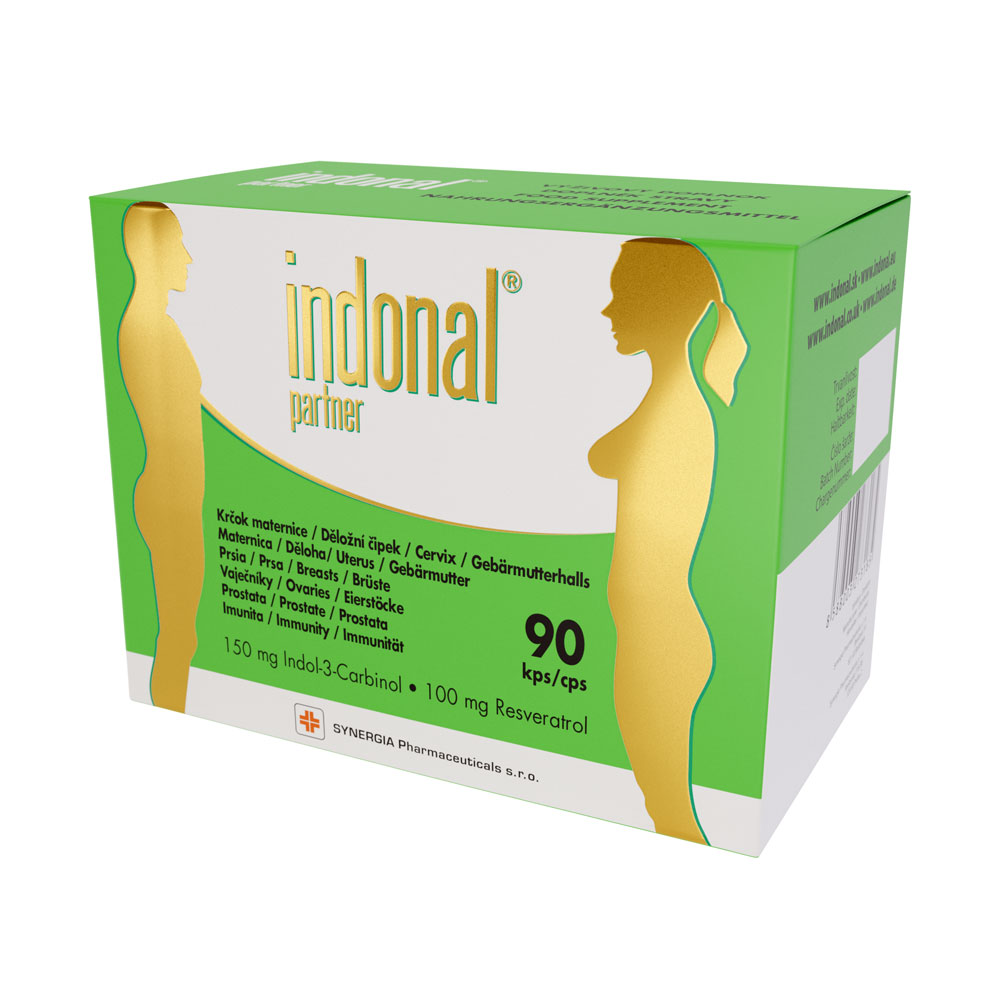I3C and Breast Cancer
Recent research suggests that a substance called indole-3-carbinol (I3C), found in certain vegetables, might help prevent various cancers, including breast cancer. When taken by mouth, I3C seems to positively impact the way estrogen works in our bodies. It changes the balance between two types of estrogen-related substances – 2-hydroxyestrone and 16alpha-hydroxyestrone.
Scientists believe that the 16alpha-hydroxylated estrogen substances act like strong estrogens and could be linked to a higher risk of breast cancer. On the other hand, the 2-hydroxylated ones have weaker estrogenic activity and may be less associated with breast cancer. This makes I3C a promising candidate for clinical trials, especially for women at a higher risk of developing breast cancer.
Studies, including one from Georgetown University, suggest that I3C, along with another substance called genistein, targets specific genes linked to breast cancer in both breast and prostate cancer cells. These genes usually help suppress tumor growth in breast, ovarian, and prostate cancer cells. In simpler terms, laboratory studies have shown that I3C and similar compounds may activate these protective genes.
Other research, done in a lab using human breast cancer cells, found that I3C could inhibit the activity of a substance called elastase, which is associated with poor outcomes in breast cancer. Additionally, an experiment with rats at the University of Minnesota hinted that I3C might enhance the effects of tamoxifen, a drug used for treating breast cancer.
Studies from Taiwan suggested that I3C may reduce the invasion and movement of breast cancer cells. It seemed to work by blocking certain processes in the cells related to cancer growth.
Furthermore, a study from the University of California found that I3C could influence the function and expression of estrogen receptors, which play a role in breast cancer. By altering the balance between two types of estrogen receptors, I3C might slow down the growth of human breast cancer cells.
In summary, I3C shows potential benefits in preventing breast cancer, and ongoing research explores its effects on specific genes and processes related to cancer growth. While these findings are promising, more studies are needed to fully understand how I3C can be used in treating or preventing breast cancer in humans.
References
- Prevention and treatment of cancer with indole-3-carbinol. Altern Med Rev. 2001 Dec;6(6):580-9.
- The dietary phytochemical indole-3-carbinol is a natural elastase enzymatic inhibitor that disrupts cyclin E protein processing. Proc Natl Acad Sci U S A. 2008 Dec 8.
- Indole-3-carbinol Inhibits Sp1-Induced Matrix Metalloproteinase-2 Expression To Attenuate Migration and Invasion of Breast Cancer Cells. J Agric Food Chem. 2008 Dec 5.
- BRCA1 and BRCA2 as molecular targets for phytochemicals indole-3-carbinol and genistein in breast and prostate cancer cells. Br J Cancer. 2006 Feb 13;94(3):407-26.
- Suppression of mammary gland carcinogenesis by post-initiation treatment of rats with tamoxifen or indole-3-carbinol or their combination. Eur J Cancer Prev. 2007 Apr;16(2):130-41.
- Indole-3-carbinol selectively uncouples expression and activity of estrogen receptor subtypes in human breast cancer cells. Mol Endocrinol. 2006 Dec;20(12):3070-82. Epub 2006 Aug 10.
- Indole-3-carbinol (I3C) induces apoptosis in tumorigenic but not in nontumorigenic breast epithelial cells. Nutr Cancer. 2003;45(1):101-12.










